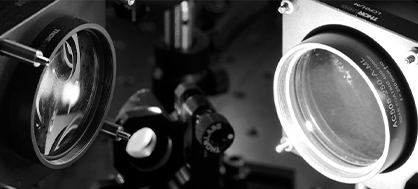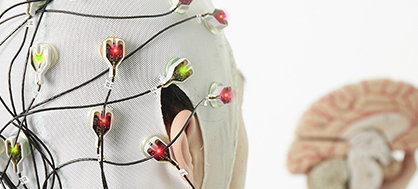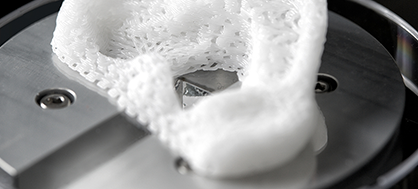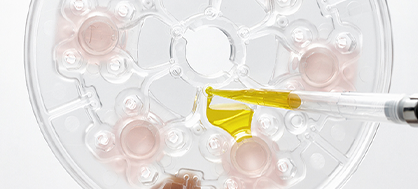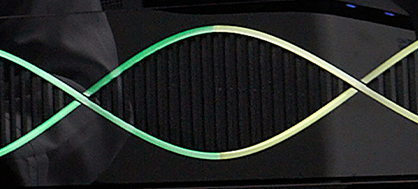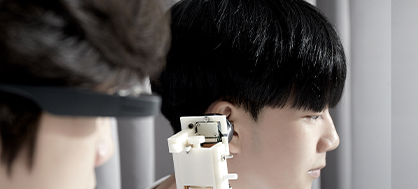We aim to provide world-class training in biomedical engineering for next-generation leaders to improve human health and quality of life.

BME is a Unique and Interdisciplinary Field
Biomedical engineering is the fastest growing engineering field right now. We advance diagnostics, analysis of medical conditions, treatment, and recovery – all to improve patient care.
Enjoy physical, chemistry, computer science and math? Interested in biology and medicine? Consider a career in biomedical engineering at UNIST.
Biomedical engineering is one of the fastest growing engineering discipline.
We apply engineering tools in biological and medical sciences to advance healthcare for today, tomorrow, and beyond. With the broad backgrounds spanning biology, chemistry, medicine, physics, math, computer science, and engineering, BME majored students can work in so many areas – diagnostics, medicine, therapeutics, materials, devices, nanotechnologies, and many more. Training in UNIST BME will prepare you to tackle today’s challenge and beyond. Together, we can make changes in future healthcare.
 UNIST students takes general courses during their freshman year and can apply to the BME undergraduate program at the end of their 1st year. Take a course ‘BME to change the world (UNI10701)’ opened for UNIST freshmen. You will see why you must apply for BME undergraduate program!
UNIST students takes general courses during their freshman year and can apply to the BME undergraduate program at the end of their 1st year. Take a course ‘BME to change the world (UNI10701)’ opened for UNIST freshmen. You will see why you must apply for BME undergraduate program!
UNIST BME undergraduate courses begins with core engineering coursework including Engineering Mathematics and Engineering Physiology, followed by cornerstone courses in biomedical fundamentals and applications as well as Biomedical Instrumentation Laboratory and Capstone project which provide strong ground to learn problem-solving, design, and communication skills.
It is highly recommended to take Undergraduate Internship Program as part of your curriculum. You can work for research laboratories, companies and receive academic credits. Through the internship experience, you can participate research projects and learn in-depth knowledge, mentoring.


 UNIST students takes general courses during their freshman year and can apply to the BME undergraduate program at the end of their 1st year. Take a course ‘BME to change the world (UNI10701)’ opened for UNIST freshmen. You will see why you must apply for BME undergraduate program!
UNIST students takes general courses during their freshman year and can apply to the BME undergraduate program at the end of their 1st year. Take a course ‘BME to change the world (UNI10701)’ opened for UNIST freshmen. You will see why you must apply for BME undergraduate program!